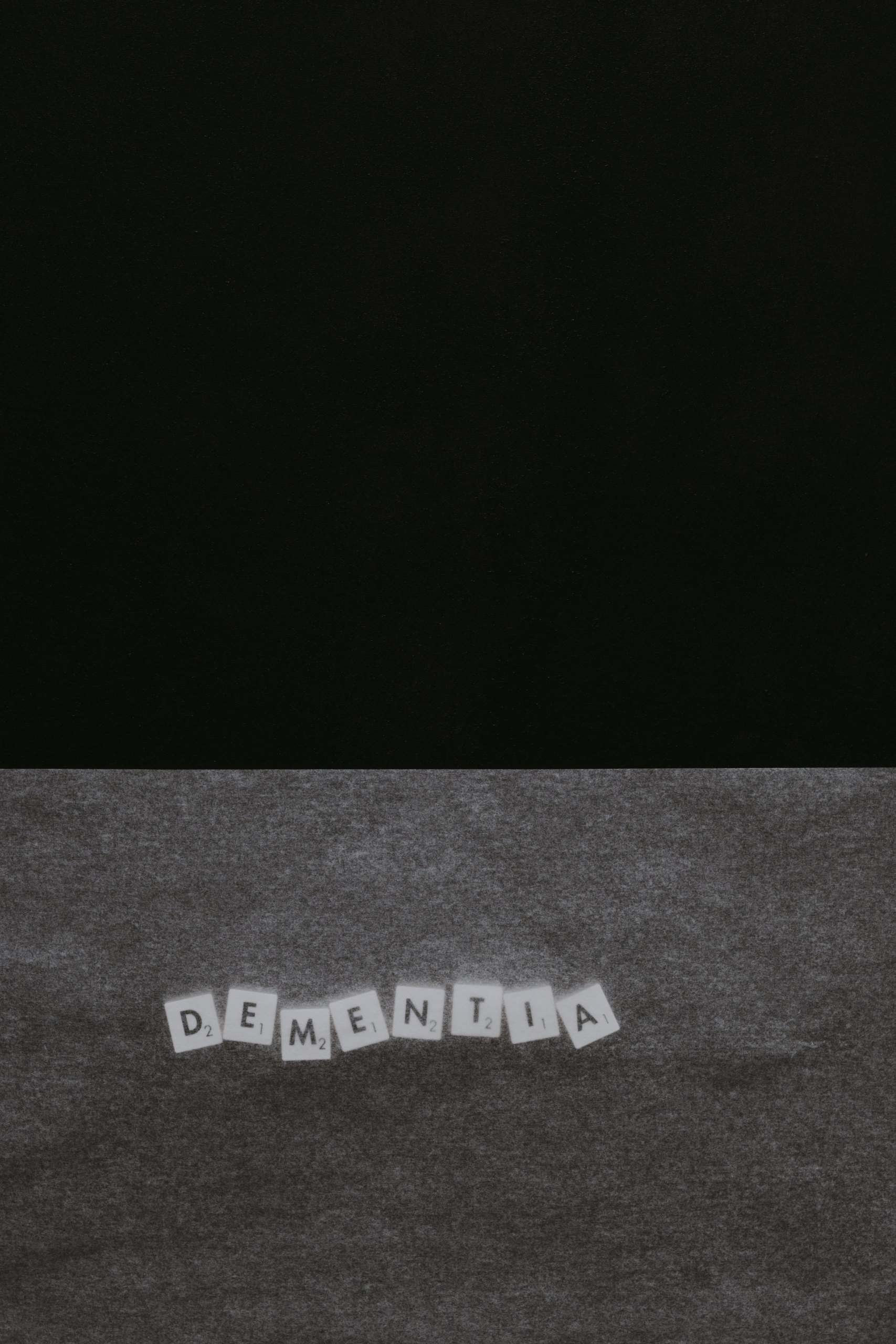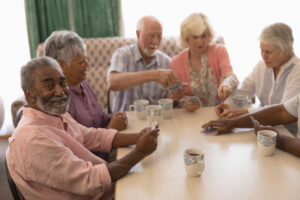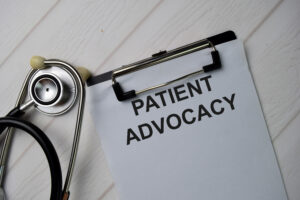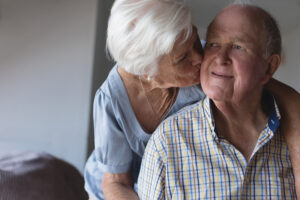Fears 5 ad 6 The Fear of Losing Independence and the Fear of Getting Dementia
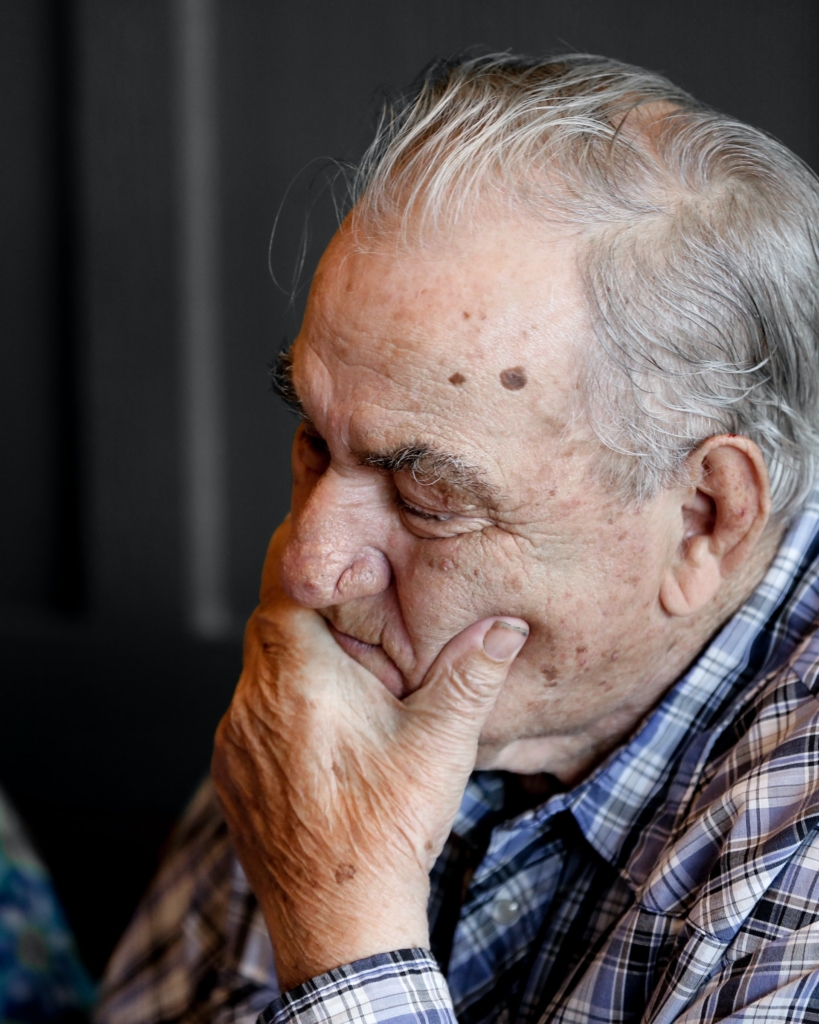
As we continue our series on the top 10 fears of baby boomers, we move to the next two fears. The fear losing their independence and the fear of getting dementia or Alzheimer’s Disease. Do you ever feel like you’re aging way too fast? It seems like just the other day you were a carefree youngster, and now here you are, dealing with all sorts of new fears. You’re not alone! A lot of baby boomers are struggling with fears related to getting older. In this post, we’ll take a look at the top 10 fears baby boomers have as they age. Keep in mind that everyone’s experience is different, so not everyone will fear these things. But it’s interesting to see what kinds of things people tend to worry about as they get older. So, without further ado, let’s jump in!
If you’re a Baby Boomer, there’s a good chance you have at least one fear that keeps you up at night. A recent study by the American Psychological Association found that 62 percent of Baby Boomers are afraid of getting dementia and 59 percent are afraid of losing their independence.
Let’s look further at each one individually.
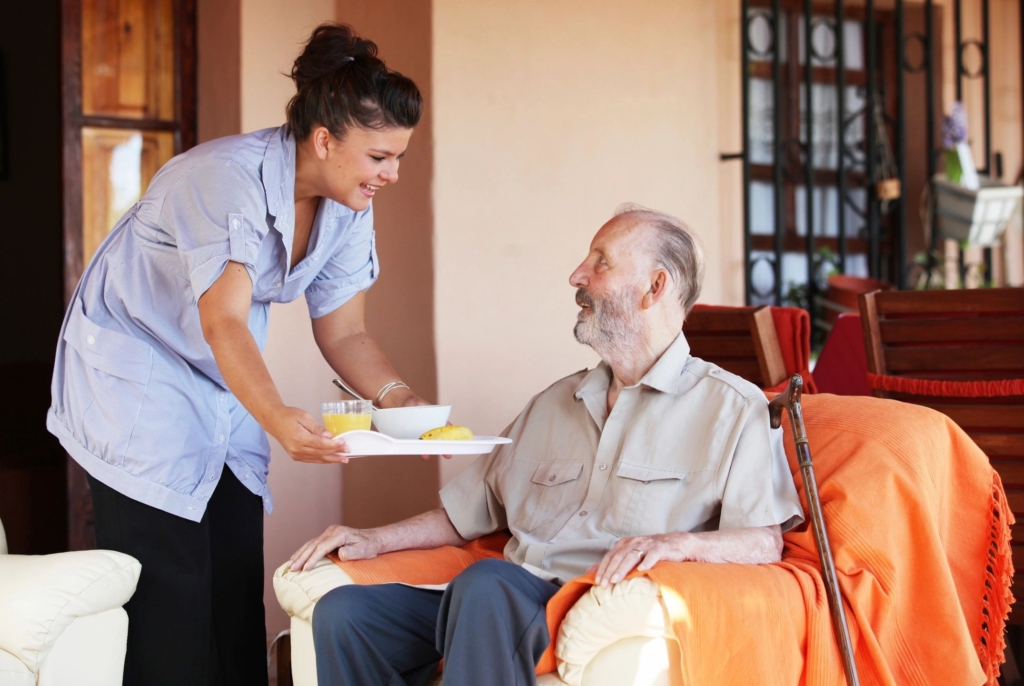
Fear Number 5: The fear of losing our independence.
For many of us, the thought of losing our independence is a source of great fear. After years of being in control of our own lives, the prospect of becoming reliant on others for care is daunting. In addition, we are worried about the financial cost of long-term care and the impact it will have on their families. While it is natural to feel some trepidation about the future, there are steps that can be taken to ease these fears. Learning more about the options for long-term care, and how to finance them, can help Boomers feel more prepared and less anxious about what lies ahead. Taking some time to plan for the future can go a long way towards preserving independence in retirement.
The baby boomer generation is all too familiar with the specter of aging. As we watch our parents and grandparents slowly lose their independence, it’s only natural to start to worry about our own future. We’ve seen firsthand how the loss of mobility can lead to a decline in both physical and mental health, and we don’t want to end up in the same situation. The thought of losing our independence is terrifying, but there are steps we can take to prevent it from happening. by staying active and engaged in our community, we can help to ward off the loneliness and isolation that can so often lead to a decline in health. In addition, by staying informed about the latest advancements in medical care, we can be sure that we’re getting the best possible treatment should any health problems arise. By taking these measures, we can help to ensure that we remain independent for as long as possible.
As boomers age, they may find themselves unable to drive or live alone. They may need help with basic tasks like cooking and cleaning. In some cases, they may even need to move into assisted living or long-term care. This loss of independence can be very difficult to accept, especially for those who have always been independent and self-sufficient. This raises the concern of having these difficult conversations with our aging parents. We need to be respectful of their age and everything they have endured during their life. They cared for us and the rest of their family. We are still their children no matter how we get. The circle of life will come around for all of us. There is a fine line with being concerned and wanting our parents to be safe trying to avoid the conversation to become demeaning and insulting for them. Giving up one’s independence is one of the most difficult stages in life to accept because in the mind of the elder this may signal the beginning of the end. We must be sensitive to their feelings and give them some time to adjust and accept what is the right thing to do. Expect resistance with this type of conversation.
There are ways to stay independent even as we age. For example, we can stay active and engaged in our communities. We can make sure to keep up with our medical appointments and take steps to prevent falls. And we can maintain our social connections by staying in touch with family and friends. There are also many support services available for those who need assistance with activities of daily living. By taking advantage of these resources, we can help ensure that we can live independently for as long as possible. Please check out our Patient Advocate Match of services for healthcare professionals that can help you maintain your independence as long as safely possible.
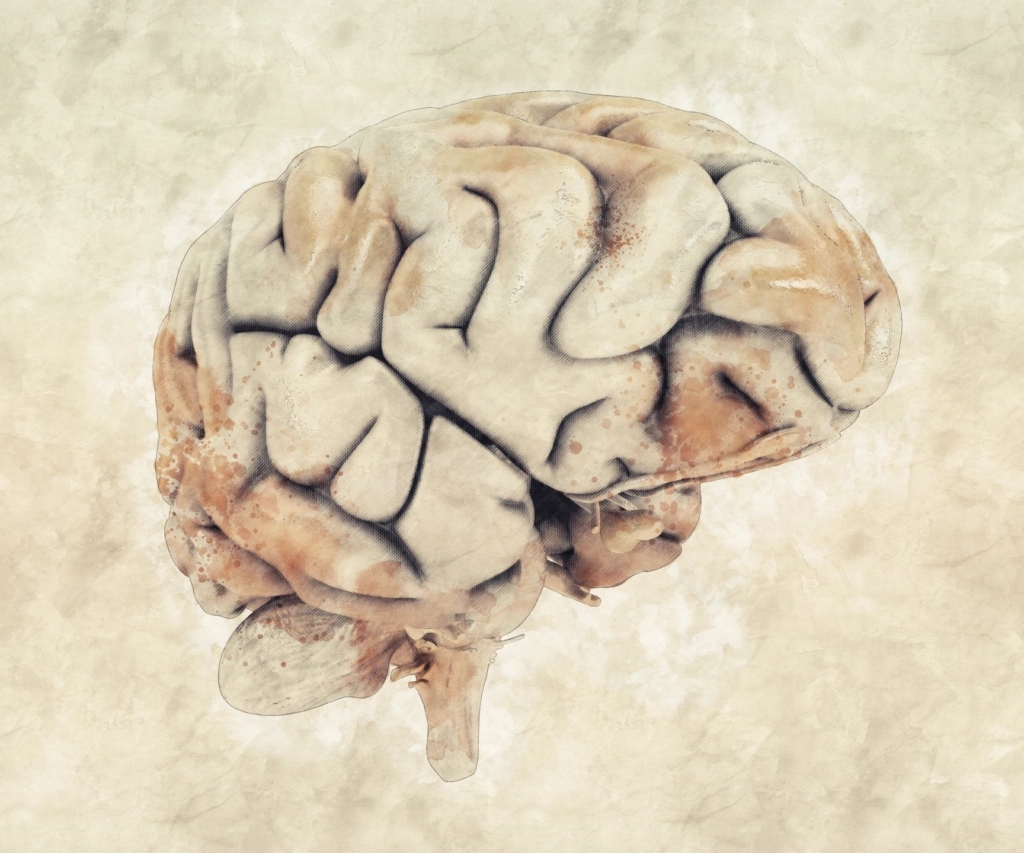
Fear Number 6: Fear of getting dementia or Alzheimer’s Disease
For many older adults, the fear of dementia or Alzheimer’s disease is very real. After all, these conditions can lead to a decline in cognitive function and a loss of independence. Unfortunately, dementia and Alzheimer’s disease are both on the rise, due in part to the aging baby boomer population. According to the Alzheimer’s Association, nearly 6 million Americans are currently living with Alzheimer’s disease, and that number is expected to more than double by 2050.
The baby boomer generation is increasingly fearful of developing dementia or Alzheimer’s disease. This is due in part to the fact that dementia rates are rising, and baby boomers are the largest group at risk. But what exactly is dementia, and how does it differ from Alzheimer’s disease? Dementia is a general term for a decline in mental abilities, and Alzheimer’s disease is the most common type of dementia. Early symptoms of dementia can include forgetfulness, difficulty concentrating, and changes in mood or behavior.
However, these symptoms can also be caused by other factors, such as stress or depression. So how can you tell if someone has dementia? A diagnosis of dementia is made when someone experiences a decline in cognitive function that interferes with their daily life. This decline may be mild at first, but it eventually progresses to the point where the person can no longer care for themselves. Alzheimer’s disease specifically affects the brain regions responsible for memory, so patients may experience memory loss as well as other symptoms. There is no cure for dementia or Alzheimer’s disease, but there are treatments that can help to slow down the progression of the condition. With proper care and support, people with dementia can live fulfilling lives.
We have all known someone that has succumb to dementia. Alzheimer’s Disease is a cruel disease and extremely hard on the spouse and family. These are the hardest cases I have had to work with as a nurse to watch someone not remember their spouse, or other family members. We can recognize the signs ourselves in the beginning and begin to isolate ourselves from other because we forget names and familiar faces. This is a real fear and the best thing we can do is to lead as healthy a life as possible and avoid exacerbating risk factors
While there is no sure way to prevent dementia or Alzheimer’s disease, there are steps that can be taken to reduce your risk. For example, staying physically active and socially engaged as you age can help keep your mind sharp. Mind games and there are even apps designed to stimulate our aging minds! We can work hard at eating a healthy diet and maintaining a healthy weight are also important. If you have concerns about dementia or Alzheimer’s disease, talking to your doctor is always a good idea.
If you haven’t done so yet, please consider joining our “Stay in Touch” list to stay informed of what we are sharing. We promise not to inundate your inbox, but rather send out periodic updates on topics related to baby boomers’ health and wellness. In the meantime, if you have any questions or thoughts about this post or anything else related to baby boomers, please don’t hesitate to reach out. We love hearing from our readers!
Thanks for taking a few minutes to spend some of your valuable time with us. We look forward to serving you. Feel free to leave a comment or a question and we look forward to hearing from you!
Pam and Linda

